Bernard O'Hehir: 'I turned my life around - I hope mum is proud'
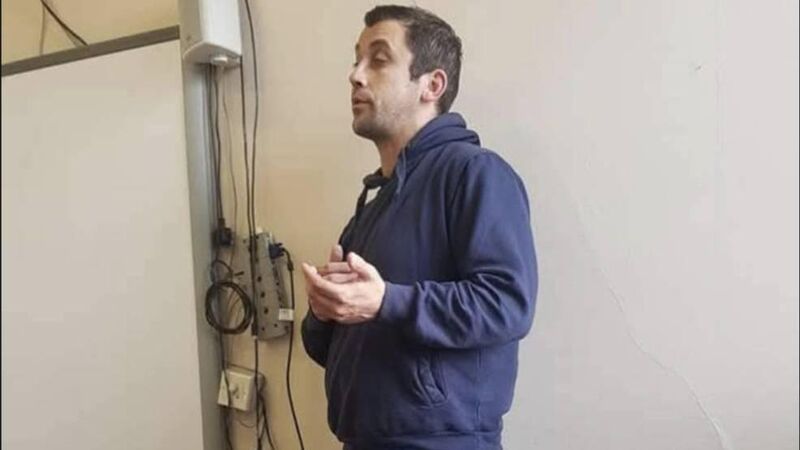
Bernard O’Hehir: “When I’m helping someone, I feel good, it distracts me from myself”.
By his own admission, Bernard O’Hehir has done things in life he is not proud of.
However, the Cork man has turned his life around, and now the former drug addict has become a campaigner.
He has appeared on The Late Late Show with Ryan Tubridy, UpfrontWith Katie Hannon, and Nationwide, made many radio contributions, and posted videos online to his many social media followers over the last nine years.
Bernard’s story begins in Sligo town, and is a tale of survival over adversity.
His mum, Catherine, was from Doneraile in Cork, and Bernard had five sisters and a brother.
His early life was very difficult. His parents split and his sisters stayed with their mum, while Bernard and his brother moved with their dad.
The break-up and the relentless bullying he received in school led Bernard to begin ‘huffing’, which is using aerosol cans to gain a high, at the tender age of 11.
In his vulnerable state, he was easy prey for paedophile teacher Patrick Curran, and Bernard, like others, endured sexual abuse by Curran at St John’s National school in Sligo.
Curran was jailed for 12 years for indecently assaulting nine boys over an 18-year period in 2005.
By his own admission, Bernard was on self-destruct mode. He began to self-harm, evident by the many scars on his arms.
He moved from aerosols to cannabis at the age of 14, and on to ecstasy by the time he was 17. One of his friends died from an overdose at the age of 15.
Bernard took a position as a commis chef in a hotel in Sligo, and then went to do a course in Killybegs, but got thrown out for his bad behaviour and attitude.
“I was in the height of my drug use,” he says, “and I just didn’t care about anything. I ended up coming back home.”
In order to feed his habit, he got involved with a gang in Sligo and became a drug dealer.
One judge said he had never seen a worse drug dealer in his 33 years on the bench, Bernard lost stashes and hid them, only to forget where he had put them.
He eventually fell foul of the gangs and had his life threatened - the scar on his face from a glass a reminder of the sort of people he was dealing with.
“I won’t say that I fell in with the wrong crowd because it was I put myself there,” he said.
“I was addicted to the wrong crowd.”
Gang members were also threatening his family members, which is something he still struggles with today.
“I brought so many difficulties on my family,” he says, “I had to get away.”
Social Ground Force - a mental health and addiction charity in Sligo town - helped him to do that.
Bernard says he fully expected to be hurt, or worse, by the gangs while waiting for a passport to arrive. Thankfully, he made his escape and found himself working on a farm in northern Italy for eight months.
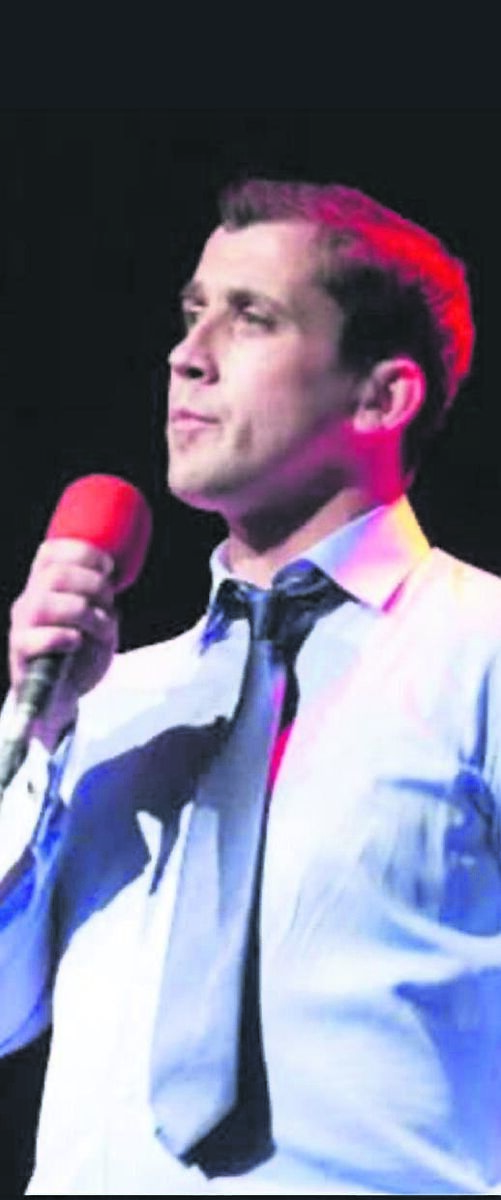
However, the draw of home was too strong, and the fear of what might be happening to his family, so Bernard made his way back.
His mum insisted that he get away from Sligo so he found himself in her home county of Cork.
Catherine passed away in January, 2020, and it hit Bernard hard. He found himself homeless and struggling to find reasons to stay alive.
“Staying in hostels and homeless shelters is hell,” he says, “sleeping next door to a child abuser is terrifying for the likes of me.
“People were dying so regularly that it was hard to try and even form friendships in case they wouldn’t be there the following day.
“I was applying for jobs, but with a criminal record, nobody would employ me.
“My mental health was in a bad way and I couldn’t see any way out.
Bernard says that Pieta House in Cork were amazing. Without them, he wouldn’t be here.
He was diagnosed with borderline personality disorder and was put on medications to help with the condition, which has given him clarity and helped him to forge forward with his plan to help others. His faith also helped him to hold onto hope.
“I clung onto hope and decided that, in order to save myself, I’d have to save someone else, and so began my mission.”
Bernard got a bedsit and joined the youth organisation Foróige. He got loads of praise for the way he could talk so openly and honestly with others, and for how others opened up to him.
I ask Bernard if he likes himself now.
“I do and I don’t,” he says, “when I’m helping someone, I feel good, it distracts me from myself.”
Is he surprised that he is asked to talk at so many events?
“I am, because I’m not someone that had an education.
“It’s important that I say that there is no monetary gain for going on shows, but you get your expenses paid, travel and hotel, that’s it.”
There have been plans for a medically supervised injection centre to be opened in Cork, to help addicts.
Bernard agrees they would be a help “if there were supports there to help people get away from addiction”.
I ask him how do we begin to tackle the problem of drugs in our city?
“We need more community policing and tougher sentences for dealers for a start,” he says.
Is addiction an issue that needs more attention?
“Yes. It’ll be a popular topic for a while and then it gets forgotten again.
“The situation is getting worse by the day and it’s being mostly ignored.”
Bernard’s belief that everyone can get their dignity back, and that everyone is entitled to a better life, is inspiring. Is he proud of himself?
“Sometimes,” he says, “I hope my mum is proud of me.”
Follow Bernard on Facebook to keep up to date with his life.
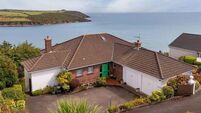
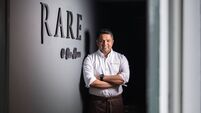
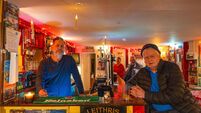
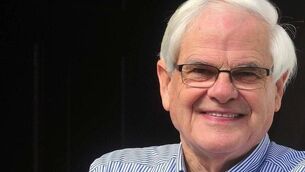



 App?
App?


